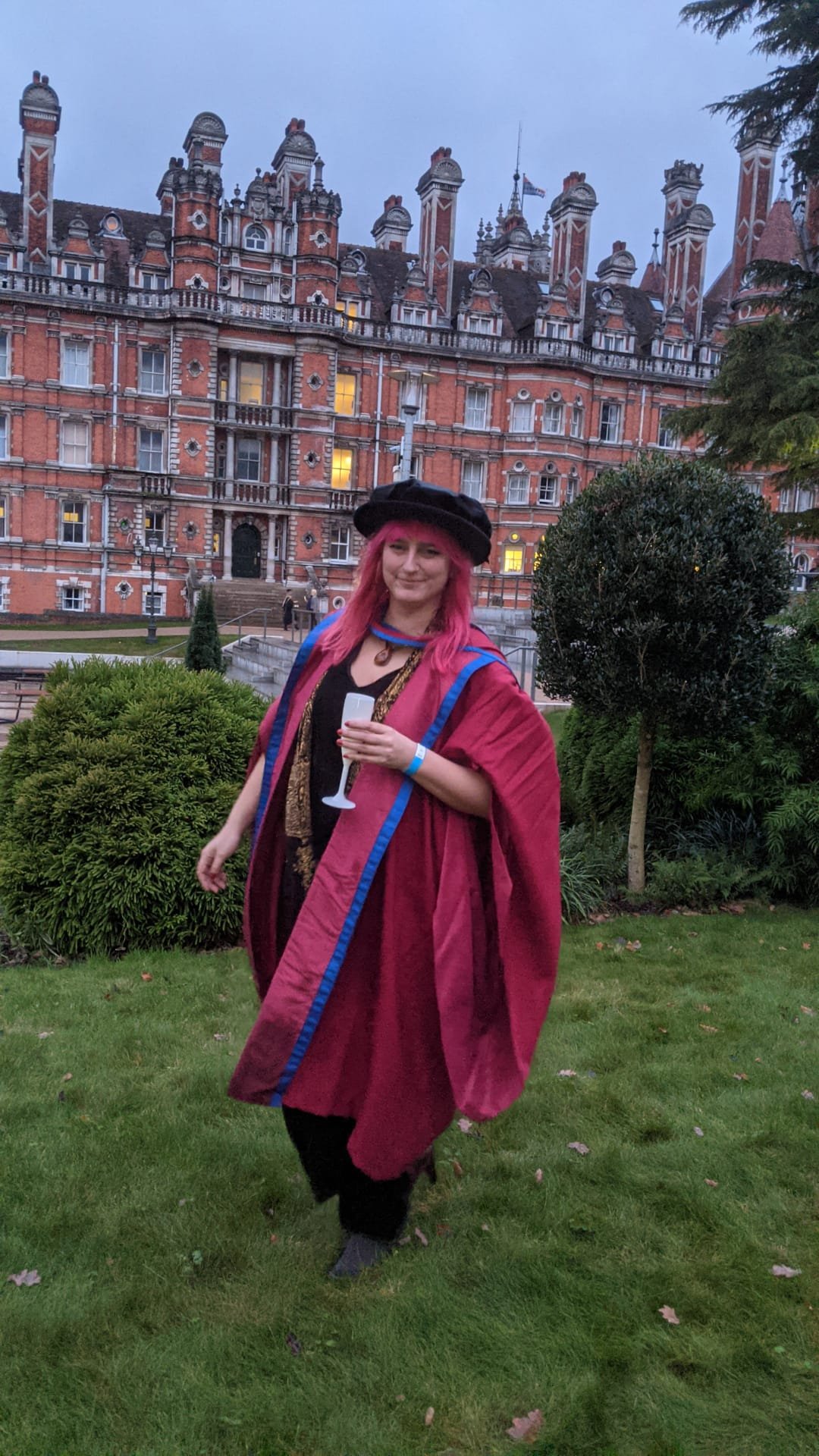WORKSHOP SERIES
THE POLITICS OF PLATFORM SOCIETIES
Dialectics, Actors and Resistance in the Digital Age
Over the last two decades, the ‘digital revolution’ reshaped social relations in multiple ways. Data accumulation and management became the cornerstone prompting new modes of (re)production, consumption, and communication.
The impacts of digital platforms on social relations received increasing scholarly attention in the last few years and raised multiple debates. The more optimistic emphasise how platforms open up social relations by boosting ‘sharing’ economies and horizontal forms of social and political participation. The more pessimistic point out that digital technologies worsen economic exploitation and fuel nativist echo-chambers.
Platform societies are characterised by the emergence of new dialectics between two contrasting models of digitalisation. On the one hand, the big tech (Google, Amazon, Facebook, Apple, Microsoft) prompt ‘digital as commodities’, a model primarily fuelling new routes of profit maximisation. On the other hand, civil society has been promoting the ‘digital as commons’ to open new spaces for collaborative forms of generation, management and distribution of public value.
Until now, there is a gap in research that systemises how these dialectics affect multiple dimensions of social relations. This sets the rationale for the workshop series ‘the Politics of Platform Societies’. Our goal is to advance knowledge on the dialectics, actors and resistance of the digital age, by opening a new space of dialogue among academics, politicians, and civil society organisations. First, we will shed light on the new dialectics between competing models of digitalisation. Second, we will focus on the agency of platform politics, identifying different approaches by political parties and social movements. Third, we will map the emergence of new forms of resistance in the digital age.
The workshops are open to anyone. Our aim is to stimulate the participation of students, academic and citizens from every background and expertise. Digital platforms are part of our daily lives, shaping how we communicate, consume and crucially seek information on political events. They are the condition for our politics. Our goal is to provide all the attendants with a compass to become more aware of the political implications of digitalisation.
We will address the multiple dimensions of the politics of platform societies through four workshops dedicated to key topics for contemporary global politics.
1. Digital Platforms and Democratic Relations: Reinventing participation?
Thursday 10 November 2022, 17.00 (UK time). Online workshop – MS Teams
Keynote:
Professor Natalie Fenton, Goldsmiths, University of London. Prof Fenton is a leading researcher on the relations between new media ecosystems and the engagement of citizen in radical democratic processes.
Panellist:
Professor Oscar Barbera, University of Valencia (Spain). Prof Barbera is a leading scholar on parties’ digitalisation. More specifically his expertise is on the effects of parties’ platforms on participation and intra-party democracy.
The workshop will be introduced by Professor Ben O’Loughlin, Director of the New Political Communication Unit at Royal Holloway, University of London.
2. Digital Platforms and Ecology. Allies or Foes?
Tuesday 29 November 2022, 17.00 (UK time). Venue to be confirmed
Keynote:
Dr Giorgio Pirina, University Ca’ Foscari Venice (Italy). Dr Pirina is expert on the ecological impacts of platform economy on global supply chains, with a focus on how predatory extraction of minerals for digital infrastructures and devices.
Panellists:
Dr Pauline Heinrichs, Royal Holloway University of London. Dr Heinrichs’ expertise is on how the strategic narrative of world leaders shape international relations. Further, she conducted research and policy engagement at the COP26 UN Climate Change Conference.
More panellists to be confirmed
3. Digital Platforms and Gender Relations. A new space for feminist resistance?
Thursday 26 January 2023, 17.00 (UK time). Venue to be confirmed
Keynote:
Professor Kylie Jarrett, Maynooth University (Ireland). Prof Jarrett’s expertise sits at the intersections between digital labour and feminism. Her focus is on how the practices of consumer labour asymmetrically affect women in contemporary societies.
Panellists to be confirmed
4. Digital Platforms and Labour Relations. Empowerment or exploitation?
Thursday 23 February 2023, 17.00 (UK time). Venue to be confirmed
Keynote:
Professor Phoebe Moore, University of Essex. Prof Jarrett’s is a globally recognised expert in digitalisation and the workplace. Moore’s focus is on the integration of big data, artificial intelligence systems into workplaces and the risks and benefits these pose for working people.
Panellists to be confirmed










